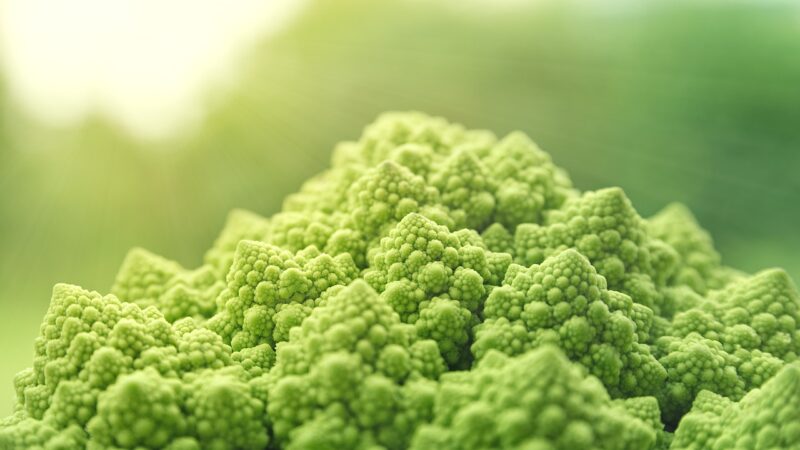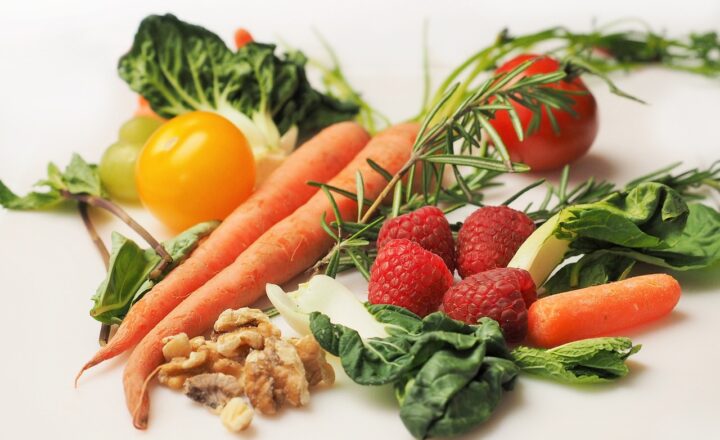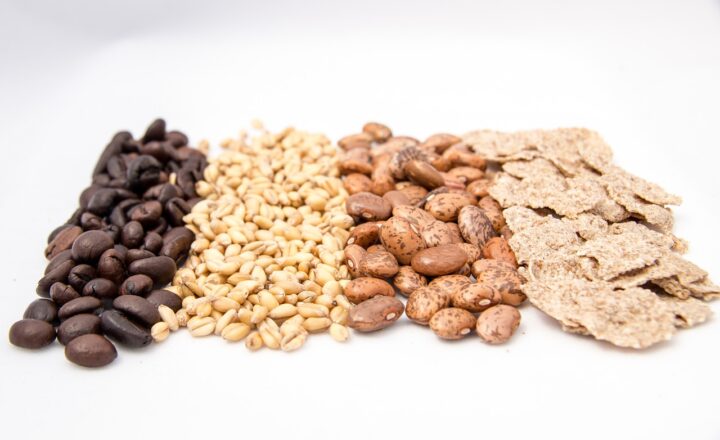Is It Possible to Build Muscle on a Vegan Diet? What You Need to Know
November 14, 2024

Building muscle on a vegan diet has become an increasingly popular topic as more people embrace plant-based lifestyles. While some skeptics argue that veganism may limit muscle growth due to the lower protein content found in many plant foods, others have found success in building impressive physiques without consuming animal products.
In this comprehensive guide, we’ll explore the various aspects of muscle building on a vegan diet, addressing common myths, nutritional needs, and effective workout strategies to help you achieve your fitness goals.
1. Understanding Protein Requirements for Muscle Growth
Protein is critical for muscle repair and growth, and it’s important to understand how much you need on a vegan diet. The general guideline for athletes and active individuals is to consume about 1.6 to 2.2 grams of protein per kilogram of body weight, depending on your level of activity and muscle-building goals.
However, it’s not just about the amount of protein; the quality of protein matters too. Vegan protein sources vary in their amino acid profiles, so it’s essential to consume a variety of proteins to get all the essential amino acids your body needs.
2. Top Vegan Sources of Protein
While building muscle on a vegan diet may sound challenging, there are numerous protein-rich foods you can incorporate:
- Legumes: Lentils, chickpeas, black beans, and kidney beans are excellent sources of protein and provide additional fiber, which supports overall health.
- Soy Products: Tofu, tempeh, and edamame are packed with protein, offering versatile options for various recipes.
- Quinoa: This complete protein grain contains all nine essential amino acids and is gluten-free, making it a fantastic choice for muscle building.
- Seitan: Made from wheat gluten, seitan is a popular meat substitute that is high in protein and can mimic the texture of meat in many dishes.
- Nuts and Seeds: Almonds, chia seeds, hemp seeds, and pumpkin seeds are not only rich in protein but also provide healthy fats that help with overall recovery and health.
- Plant-Based Protein Powders: Many athletes choose to supplement their diets with vegan protein powders made from peas, rice, or hemp for an extra protein boost post-workout.
Incorporating a mix of these protein sources into your meals will ensure you meet your daily protein requirements and support muscle growth.
3. Complementing Protein with Other Nutrients
Muscle building isn’t just about protein; it also requires a balance of carbohydrates and healthy fats, as well as micronutrients like vitamins and minerals.
– Carbohydrates: They play a crucial role in fueling your workouts and replenishing glycogen stores. Focus on whole grains, fruits, and vegetables to provide the energy needed for effective training.
– Healthy Fats: Essential for hormone production (including testosterone, which plays a key role in muscle growth), incorporate sources like avocados, nuts, and olive oil into your diet.
– Micronutrients: Prioritize foods rich in vitamins and minerals, especially vitamin B12, iron, calcium, and omega-3 fatty acids, which are sometimes harder to obtain from a vegan diet. Consider fortified foods or supplements if necessary.
4. Crafting a Balanced Plant-Based Meal Plan
Creating a meal plan that emphasizes diverse protein sources, balanced macros, and essential micronutrients is key:
- Breakfast: Overnight oats made with almond milk, topped with chia seeds, fruits, and a scoop of plant-based protein powder.
- Lunch: Quinoa salad mixed with black beans, corn, tomatoes, avocado, and a dressing of olive oil and lime juice.
- Snack: Hummus with raw veggies or a handful of nuts.
- Dinner: Stir-fried tofu with mixed vegetables served over brown rice or whole-grain noodles.
- Post-Workout: A smoothie made with soy milk, banana, spinach, and a scoop of pea protein powder.
These options not only provide ample protein but also keep your overall nutrition on track.
5. Effective Workout Strategies for Muscle Building
To effectively build muscle, your workout routine should focus on resistance training. Here are key strategies:
- Compound Exercises: Prioritize multi-joint exercises like squats, deadlifts, bench presses, and pull-ups, which engage multiple muscle groups simultaneously, providing the most muscle activation and growth potential.
- Progressive Overload: Gradually increase the weight or resistance to consistently challenge your muscles and stimulate growth. Track your progress to see continual improvements over time.
- Adequate Rest and Recovery: Muscle building requires recovery time to repair and grow. Ensure you get enough sleep and include rest days in your routine to avoid overtraining.
- Stay Consistent: Consistency is crucial. Stick to a structured workout plan, ensuring you regularly train all major muscle groups at least twice a week.
Incorporating these strategies will help optimize your muscle-building efforts while following a vegan diet.
6. Common Myths About Vegan Muscle Building
Despite the growing number of vegan athletes, several myths still circulate about the ability to build muscle on a plant-based diet:
- Myth 1: Vegan Protein Isn’t Enough: While some plant proteins contain lower amounts of essential amino acids, a varied vegan diet can provide all necessary protein for muscle growth when done correctly.
- Myth 2: All Plant Proteins Are Incomplete: Although many plant proteins are lower in one or more essential amino acids, combining different sources—like beans with rice—creates a complete protein profile.
- Myth 3: Vegan Athletes Are Weak: Many elite athletes, including bodybuilders and powerlifters, have successfully competed at the highest levels on vegan diets, dispelling the myth that plant-based living hinders physical strength.
Understanding and debunking these myths is crucial in encouraging more people to consider veganism for muscle building.
Conclusion
Building muscle on a vegan diet is entirely feasible with the right strategies and knowledge. By focusing on high-quality vegan protein sources, careful meal planning, balancing macronutrients, and committing to an effective workout routine, you can achieve your fitness goals without consuming animal products. You can cultivate a strong, healthy, and muscular physique while embracing a compassionate lifestyle.
Remember that everyone’s body responds differently to diet and exercise, so listen to your body, adjust your approach as needed, and consider consulting with a nutritionist or dietitian if necessary. With the right mindset and effort, you can thrive and build muscle on a vegan diet!






